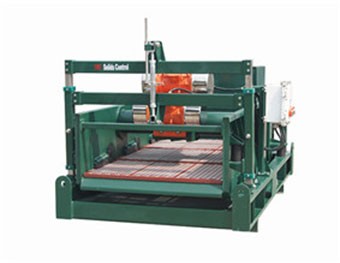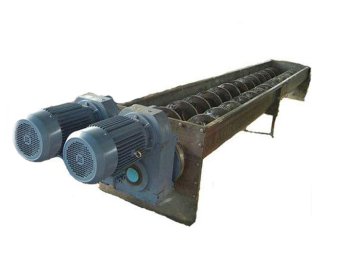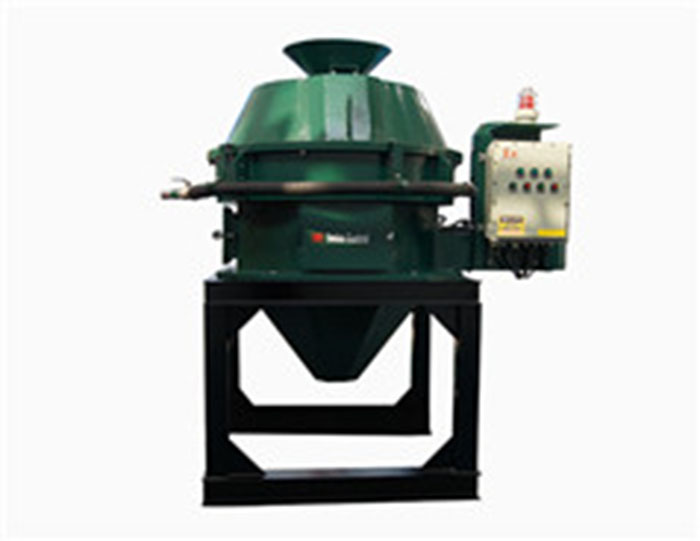In the dynamic sectors of oil and gas, mining, and construction, efficient solid - liquid separation is critical for operational success. Shaker screens play a pivotal role in these processes, and understanding their types, applications, and market landscape is key for businesses seeking optimal performance. The terms shaker screen for sale, shaker screen, shaker screener, shaker screen manufacturers, and shale shaker screens supplier represent key elements within this domain, each contributing to the effective management of industrial waste and material processing.

Navigating the Market for Shaker Screen for Sale
When businesses search for a shaker screen for sale, they encounter a range of options designed for different industrial needs. These screens are available in various materials, such as stainless steel or polyurethane, each offering unique advantages in terms of durability and resistance to abrasion or chemicals. For example, in oil and gas drilling, a shaker screen for sale with a stainless - steel frame and synthetic mesh might be preferred for its ability to withstand the harsh conditions of mud separation. Suppliers often provide screens in standard sizes compatible with popular shale shaker models, ensuring easy integration into existing systems. Additionally, custom - designed screens are available for specialized applications, allowing businesses to address unique challenges in their separation processes.
The Core Functionality of Shaker Screen
A shaker screen is a fundamental component of shale shakers, which are used to separate drilling cuttings from drilling fluid in oil and gas operations. The screen consists of a frame and a mesh or perforated surface that vibrates to sieve materials based on particle size. The efficiency of a shaker screen depends on factors like mesh size, open area, and material composition. Finer meshes are ideal for removing smaller solids, while coarser meshes handle larger particles. In mining applications, these screens help separate ore from waste rock, improving the efficiency of mineral processing. Proper maintenance, such as regular cleaning and inspection for wear and tear, is essential to extend the lifespan of a shaker screen and maintain optimal separation performance.
Exploring the Role of Shaker Screener
A shaker screener refers to the entire assembly that includes the shaker screen and the vibrating mechanism. This equipment is designed to maximize screening efficiency by generating consistent vibrations that move materials across the screen surface. In construction, shaker screeners are used to separate aggregates for concrete production, ensuring that only the desired particle sizes are used in the mix. The design of the screener, including the angle of the screen and the vibration amplitude, can be adjusted to suit different materials and processing requirements. For instance, in recycling facilities, a shaker screener might be configured with a steeper angle to process wet or sticky materials, preventing clogging and improving throughput.
Connecting with Shaker Screen Manufacturers
Shaker screen manufacturers play a crucial role in delivering high - quality products that meet industry standards. Reputable manufacturers invest in research and development to create screens with innovative features, such as composite materials that offer a balance of strength and flexibility. They also prioritize precision engineering to ensure that screens fit seamlessly with major shaker models, reducing downtime during installation. For example, some shaker screen manufacturers offer modular designs that allow for quick screen replacement, minimizing operational disruptions. These manufacturers often provide technical support, helping customers select the right screen for their specific applications and offering guidance on maintenance and troubleshooting.
Partnering with Shale Shaker Screens Supplier
A shale shaker screens supplier specializes in providing screens tailored for the oil and gas industry, where the separation of drilling cuttings is essential for waste management and fluid recycling. These suppliers offer a wide range of screens with varying mesh sizes and constructions to handle different types of drilling mud, from water - based to oil - based fluids. They understand the harsh operating conditions of drilling sites and ensure that their products are resistant to corrosion and impact. A reliable shale shaker screens supplier also offers timely delivery and inventory management services, helping drilling companies maintain uninterrupted operations by avoiding screen shortages. Some suppliers even provide on - site support to assist with screen installation and performance optimization.
FAQ: Key Insights into Shaker Screens
How to Select the Right Shaker Screen for My Application?
Choosing a shaker screen involves assessing factors like particle size, material composition, and operating environment. Determine the maximum particle size to be separated and select a mesh size that matches your needs. Consider the abrasiveness of the material; polyurethane screens are ideal for less abrasive materials, while stainless - steel meshes are better for harsh, high - wear environments. Additionally, check compatibility with your shaker model and consult with manufacturers or suppliers for expert recommendations.
What Maintenance Practices Extend Shaker Screen Lifespan?
Regular cleaning is essential to remove clogged particles and prevent buildup that can reduce screening efficiency. Use pressure washers with appropriate pressure to avoid damaging the mesh. Inspect screens frequently for signs of wear, such as torn mesh or loose fittings, and replace them promptly to avoid further damage to the shaker equipment. Lubricate moving parts of the screener mechanism as per the manufacturer’s guidelines to ensure smooth vibration and reduce stress on the screen.
Can Custom Shaker Screens Be Ordered for Non - Standard Shakers?
Yes, many shaker screen manufacturers offer custom solutions for non - standard or older shaker models. Provide detailed specifications, including frame dimensions, mesh requirements, and expected operating conditions. Custom screens are designed to fit your equipment precisely, ensuring optimal performance even for unique setups. However, lead times for custom orders may be longer, so plan ahead to avoid project delays.
What Quality Standards Should I Look for in Shaker Screen Manufacturers?
Reputable manufacturers adhere to international standards such as API (American Petroleum Institute) specifications for oil and gas applications. Look for certifications that validate material quality, manufacturing processes, and product testing. Read customer reviews and case studies to gauge the manufacturer’s track record in delivering reliable, high - performance screens. A manufacturer that offers comprehensive technical data sheets and after - sales support is often a safer choice for long - term partnerships.
How Do Shale Shaker Screens Suppliers Ensure Product Availability?
Leading suppliers maintain extensive inventories of standard screens and have efficient supply chain networks to source materials quickly. They may offer predictive maintenance programs that help customers schedule screen replacements based on usage data, reducing the risk of stockouts. Some suppliers also provide dropshipping services directly to job sites, improving logistics and ensuring that screens are available when and where they are needed.
 Linear Motion Shale Shaker In Drilling Rig
Linear Motion Shale Shaker In Drilling Rig  Oilfield Mud Cleaner
Oilfield Mud Cleaner  Drilling Fluid Decanter Centrifuge
Drilling Fluid Decanter Centrifuge Drilling Mud Desander
Hydrocyclone Desilter
Centrifugal Pump/Centrifugal Mud Pump
Shear Pump
Jet Mud Mixer
Horizontal Mud Agitator
Constant Pressure Drilling Fluid Mud Gas Separator
Mud Gun
 Mud Tank
Mud Tank Solids Control System Vacuum Degasser
 Flare Ignition Device
Flare Ignition Device  Diesel Tank
Diesel Tank  Submersible Slurry Pump
Submersible Slurry Pump 




































